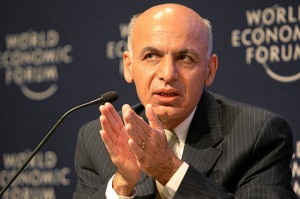[Savage Minds welcomes guest bloggers Renée Salmonsen and Chuan-wen Chen.]
Originally posted on the Guava Anthropology Blog 28 September 2014
Author: Hsiu-Hsin Lin
Translators: Renée Salmonsen & Chuan-Wen Chen
Translator’s note: Contemporary youth and amateur politicians are taking an increasingly active interest and role in Asian politics. We feel it is important to translate this article because the result of Taipei’s mayoral election last year was a significant milestone for Taiwan. This article was written in the month leading up to the election. Many people view the result, independent candidate Wen-je Ko winning the capital city mayoral election, as a reflection of voters seeking change and expressing their dislike for both major political parties, the Kuomintang party (KMT) and the Democratic Progressive Party (DPP). The election was held on November 29th, 2014. The two most popular candidates were Wen-je Ko and Sheng-wen Lien. Neither of the leading candidates had previous significant administrative or management experience in government institutions. Ko, a former surgeon, won the election with 57.16% of votes. Sheng-wen Lien, a.k.a. Sean Lien, is the son of Lien Chan, the former Chairman of the KMT and the Vice President of Taiwan. Sean Lien won the KMT mayoral primary, but lost the 2014 Taipei City mayoral election with 40.82% of votes.
The idea for this article stems from a class discussion. Taipei’s mayoral election has been the hot topic for weeks now. Anything seemingly unrelated to the election is now related. Due to recent circumstances, I haven’t logged-on to Facebook or watched TV lately which has enabled conversations with my students to skip over the hot, trending topics of the election and return to the greater issue of the “Sheng-wen phenomenon”. In other words, whether Sheng-wen is elected or not the emergence of a figure like Sean Lien is a very important phenomenon for the social sciences.
Continue reading →
